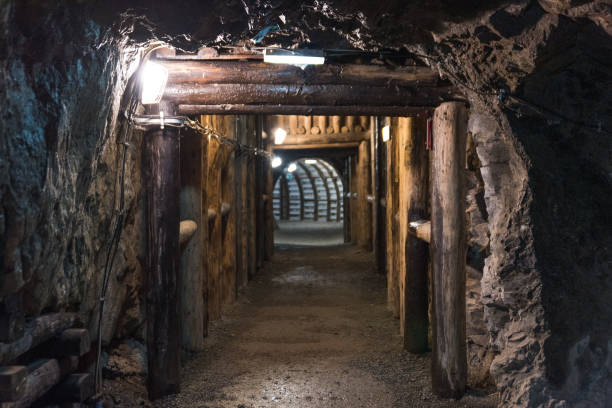Unveiling the Mystique of Space Tourism: Blast Off to a New Travel Frontier
With the dawn of space tourism, the allure of the cosmos is no longer the exclusive domain of astronauts. This article will delve into the fascinating world of space tourism, explore its history, discuss current trends, and offer a glimpse into its future.

The Genesis of Space Tourism
Space tourism was once an idea steeped in science fiction, but it has now become a tangible reality. The first inkling of space tourism emerged in the late 20th century when Dennis Tito, a wealthy American businessman, paid a reportedly $20 million ticket for a trip to the International Space Station (ISS) in 2001. Today, companies like SpaceX, Blue Origin, and Virgin Galactic are at the forefront of this pioneering travel industry, offering suborbital flights and even plans for lunar tourism.
The Current Landscape of Space Tourism
In the past few years, space tourism has seen a surge of interest and development. Elon Musk’s SpaceX has already sent several civilians to space, notably the Inspiration4 crew who orbited Earth in 2021. Blue Origin launched its first manned flight in July 2021, with founder Jeff Bezos on board, while Richard Branson’s Virgin Galactic aims to commence commercial operations in 2022.
The Pros and Cons of Space Tourism
Space tourism offers unprecedented opportunities for adventure and exploration, not to mention the bragging rights that come with being among the few to venture beyond Earth. However, it also faces significant challenges. The high costs of space travel make it accessible only to a select few, and there are environmental concerns, particularly the carbon emissions associated with rocket launches. Additionally, the safety of space tourists is paramount, with rigorous training required to prepare passengers for the rigors of space travel.
Intriguing Aspects of Space Tourism
- Space tourists can experience the thrill of liftoff, the awe-inspiring sight of Earth from space, and the unique sensation of weightlessness.
- Private space companies are also looking into the concept of space hotels. The first of these, proposed by the company Orbital Assembly, could be operational as early as 2027.
- Space tourism could potentially have scientific benefits, with civilians contributing to research and deepening our understanding of space.
The Future of Space Tourism
Despite its challenges, the future of space tourism looks promising. Advances in technology and the entry of more companies into the market could eventually make space travel more affordable and accessible. With plans for lunar tourism and even Martian settlements on the horizon, it’s clear that the sky is no longer the limit when it comes to exploring new frontiers.
In conclusion, space tourism is a fascinating development in the travel industry, offering fresh vistas of exploration and adventure. As we continue to push the boundaries of what’s possible, this new form of tourism may soon become a regular part of our travel lexicon. As with any journey, it’s the thrill of discovery and the joy of the unknown that makes space tourism so incredibly enticing.




